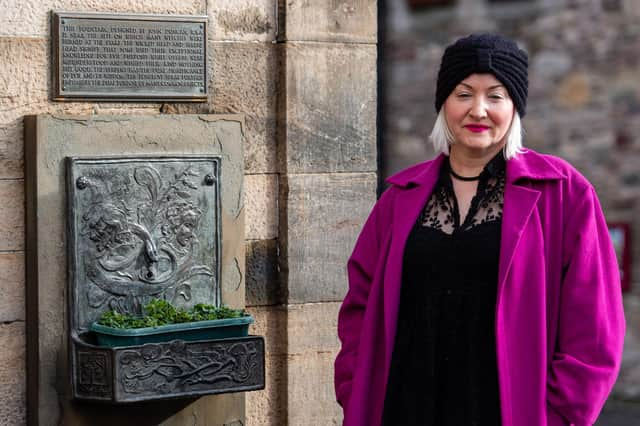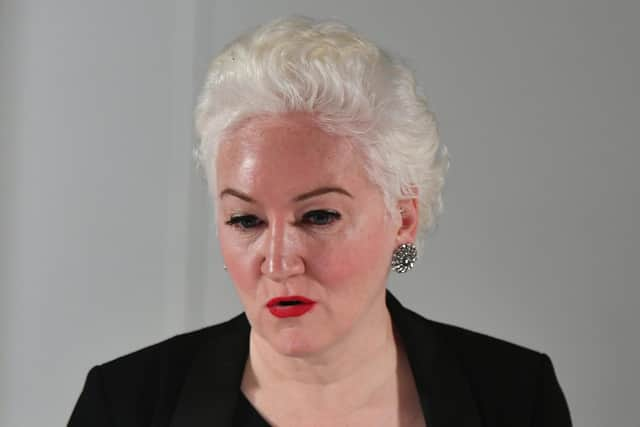Scottish Parliament asked to right 'terrible miscarriage of justice' by pardoning thousands of witches


A formal petition had been lodged to seek a pardon, official apology and new national memorial in recognition of the treatment of Scotland's witches, recalling that the “vast majority” of them were women.
Claire Mitchell, a QC who instigated a campaign last year to seek justice for all those persecuted under the Witchcraft Act in Scotland between 1563 and 1736, has set out how confessions were "routinely obtained by torture, both physical and mental.”
Advertisement
Hide AdAdvertisement
Hide AdShe has told the told the parliament how Scotland had five times as many cases than anywhere else in Europe.
Mitchell, who revealed news of the petition on the Witches of Scotland podcast she co-hosts with author Zoe Venditozzi, said “a pardon, apology and memorial are necessary as a reckoning for all those who suffered this terrible miscarriage of justice.”
Mitchell said: “Not only is history not properly recording what positive things women do, but their history is also erased by not properly recording their story. I have a particular interest in Scottish legal history and the people who were caught up in accusations of witchcraft so I decided to start a campaign to restore these people, mostly women, to their correct place in history as women and men, not witches.
"Between 1563 and 1736, when the Witchcraft Act was law, there were four relatively defined periods of ‘satanic panic’ which resulted in approximately just shy of 4000 people being accused as witches.
“As with elsewhere in Europe, the vast majority of those accused, some 85 per cent were women.
"Confession to allegations of witchcraft were routinely obtained by torture, both physical and mental. The stripping and pricking of women was common, as was sleep deprivation.
"Of all of those 4000, academics estimate that approximately 2500 were executed. The method of execution was by way of strangulation and then burning at the stake. In comparison to elsewhere in Europe, where witch trials also took place, Scotland had approximately five times the number of cases than elsewhere in Europe during this time. Alas, at finding and killing witches, we excelled.
Advertisement
Hide AdAdvertisement
Hide AdMitchell has drawn comparison with the campaign which led to new legislation to pardon thousands of Scottish men convicted of having sex with other men before it was decriminalised in 1981 and a recent decision to introduce legislation to pardon miners convicted during the year-long strike in the 1980s.
Mitchell’s efforts have already won the support of First Minister Nicola Sturgeon, who last year highlighted her campaign, telling her Twitter followers it was aimed at winning “a pardon for the thousands of women accused of being witches and brutally executed in the 16th-18th centuries.”


Mitchell added: “The aim of getting a pardon is to right, in so far as is now possible, the terrible miscarriage of justice that was suffered by the people who were convicted and executed as witches.
"It is universally accepted that such allegations and subsequent convictions ought not to have happened. We cannot overturn the convictions, but we can restore these people to history to remember them as people who were so wrongly dealt with by our criminal justice system, and not as witches."